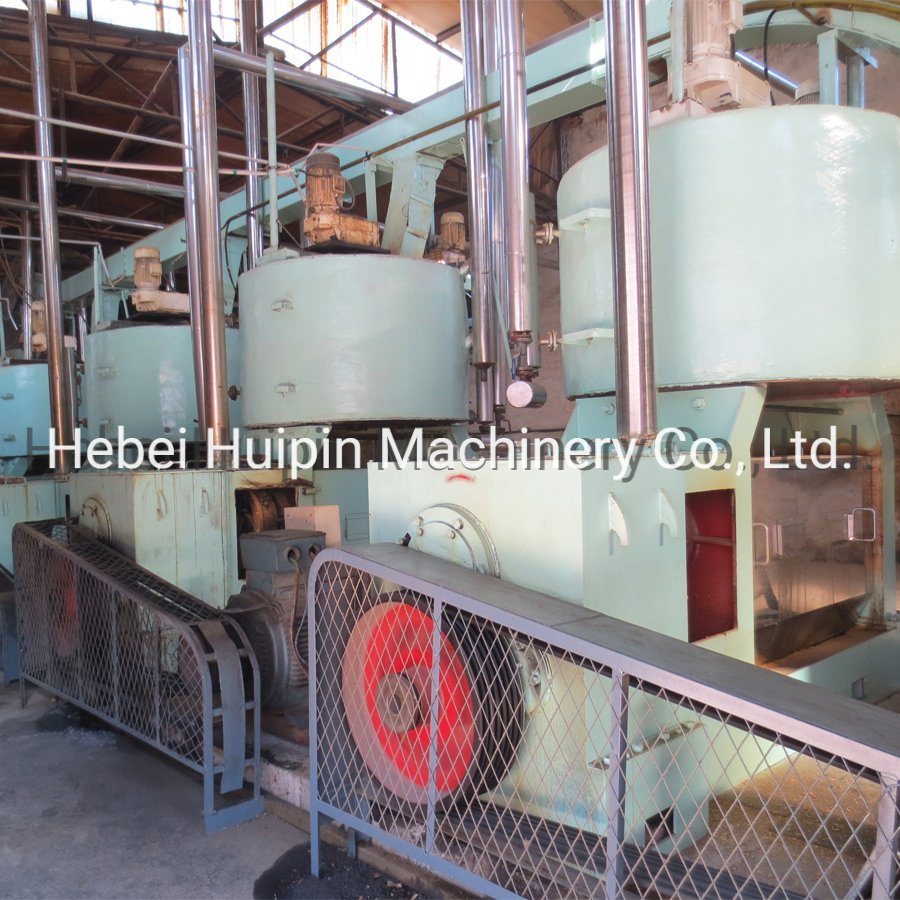Aug . 15, 2024 16:34 Back to list
Optimizing Oil Filtration Systems for Enhanced Quality and Longevity in Edible Oil Production
The Importance of Edible Oil Filters in Food Processing
In the food industry, the quality of edible oils is paramount to ensure not only flavor but also health benefits. Edible oil filters play a crucial role in this process, serving as a vital component in maintaining the purity and safety of oils used in cooking and food production. The significance of these filters can be understood by examining their functions, types, and the benefits they offer.
At its core, an edible oil filter's primary function is to remove impurities from the oil. These impurities can range from solid particles like food residues and dust to more complex contaminants such as free fatty acids and moisture. If left unfiltered, these elements can degrade the oil's quality, leading to rancidity and off-flavors. Moreover, in a commercial setting, unfiltered oil can result in batch inconsistencies and affect the overall product quality. This makes filtering an essential step in the oil refinement and filtration process.
There are several types of edible oil filters, each designed to tackle specific filtration challenges. The most common types include mechanical filters, absorbent filters, and membrane filters. Mechanical filters work by physically trapping particles in a mesh or screen. These are often used in the initial stages of filtration where large impurities need to be removed. Absorbent filters utilize materials such as activated carbon or silica gel to chemically bind contaminants and remove them from the oil. Membrane filters, on the other hand, use a semi-permeable membrane to allow only certain particles to pass through, which is vital for achieving highly purified oil. Each of these filters has its place in the oil processing industry, and often a combination of methods is employed to achieve optimal results.
edible oil filter

The benefits of using edible oil filters extend beyond just improving oil quality. Firstly, filtered oils tend to have a longer shelf life. By removing moisture and particulates that can promote degradation, filters help prevent rancidity, which can occur when oil is exposed to oxygen. This not only saves money for food manufacturers by reducing waste but also contributes to environmental sustainability by minimizing the disposal of spoiled products.
Secondly, the safety of food consumers is enhanced through the use of effective oil filtration. Contaminated oil can harbor harmful substances that pose health risks. By ensuring that oils are properly filtered, food processors can protect consumers from these risks, thereby maintaining their trust and loyalty.
Moreover, the use of edible oil filters can enhance the flavor and aroma of the finished product. Clean oils tend to impart better taste, allowing the natural flavors of the food to shine without interference from unwanted odors or tastes arising from impurities. This is particularly important in high-quality culinary products where the sensory experience is crucial.
In conclusion, edible oil filters are an indispensable part of the food processing industry. They not only ensure the hygiene and safety of cooking oils but also contribute to enhanced product quality and consumer satisfaction. With the ongoing advancements in filtration technology, the future looks bright for edible oil processing as producers continue to refine their methods for achieving the highest standards of oil purity. As public awareness of food quality and health continues to grow, the role of such filtration systems will only become more pronounced, emphasizing the need for continued innovation in this critical area.
-
High-Efficiency Peanut Oil Refined Machine for Quality Oil Production Leading Exporters & Companies
NewsJul.08,2025
-
High Efficiency Sunflower Seed Oil Press – Leading Cooking Oil Press Machine Factories & Suppliers
NewsJul.08,2025
-
High-Efficiency Soybean Oil Press Machine – Leading Exporters & Reliable Companies
NewsJul.07,2025
-
High-Efficiency Seed to Oil Extractor – Reliable Extraction Machinery for Your Business
NewsJul.07,2025
-
High-Quality Pressing Screw of Oil Expeller for Efficient Oil Extraction Leading Exporters & Manufacturers
NewsJul.06,2025
-
High-Efficiency Essential Oil Extraction Machine Trusted Exporters & Companies
NewsJul.06,2025
